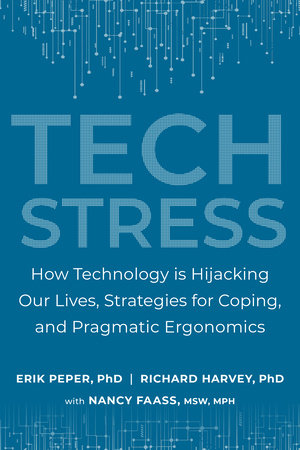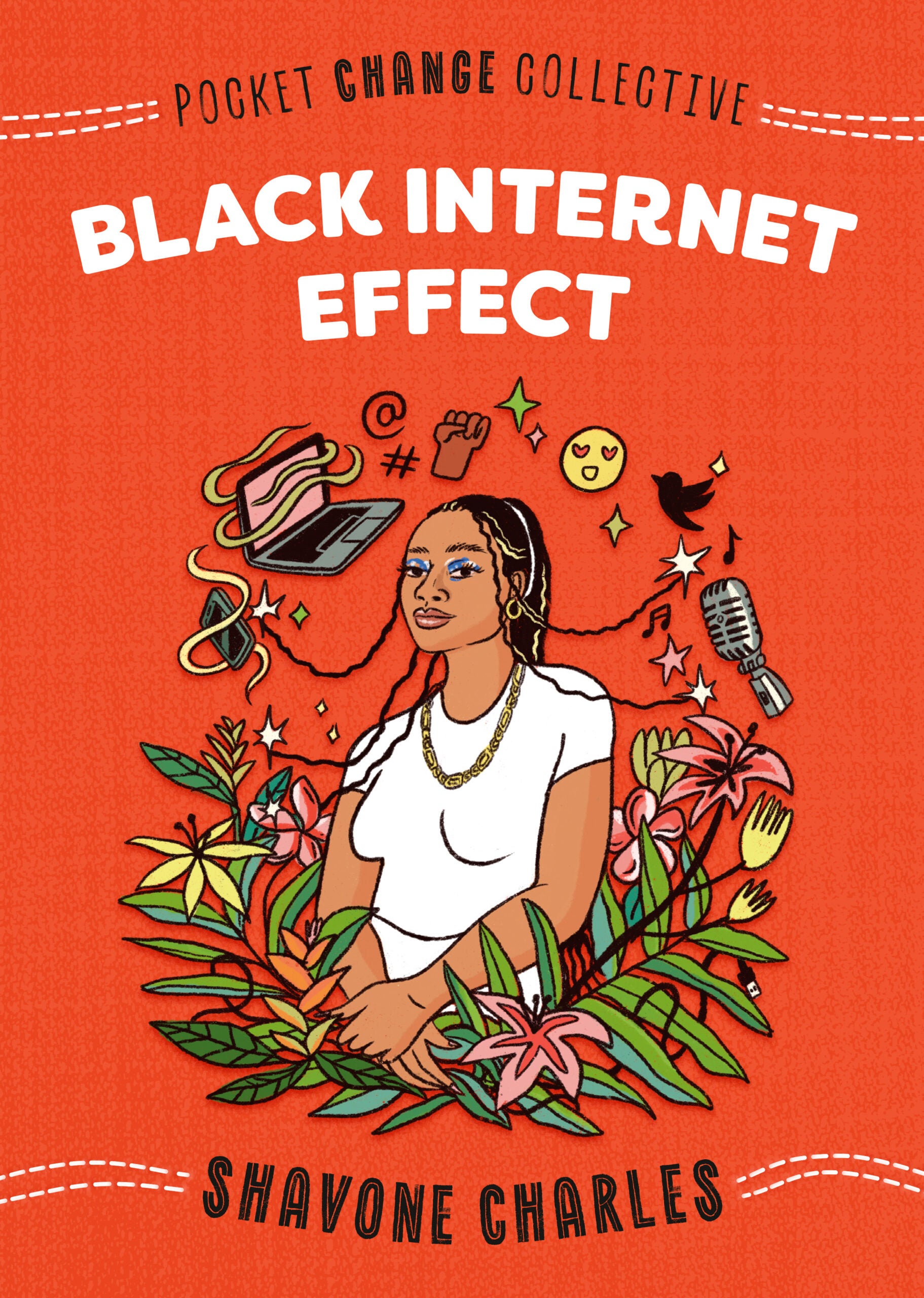1. Are You Leaving Work Burned Out or In Pain?
Solutions that Go Beyond Ergonomics
2. Genetics: The Caveman at the Computer
3. Primal Stress: Do You Feel Safe?
4. Inactivity: Are You a Desk-Bound Couch Potato?
5. Lousy Ergonomics?
What Are Your Risks?
6. Desktop Computers
7. Laptops
8. Tablets
9. Smart Phones
The Seven Week, Step-by-Step Program
10. Jump-Start Your Health
11. Easy Ergonomics
12. Check Your Vision
13. Take a Break
14. Work Off the Tension
15. Cut Out Junk Food (and Inflammation)
16. Get Real about Stress
17. Upgrade Your Environment
Just Getting By or Thriving?
18. Unplug from the 24/7 Lifestyle
19. Bounce Back After Injury
20. Life after 5!
Resources
E1. Dear Employer
E2. Computer Checklist
E3. Kids and Computers
E4. Websites, Books, and Tech Tools





